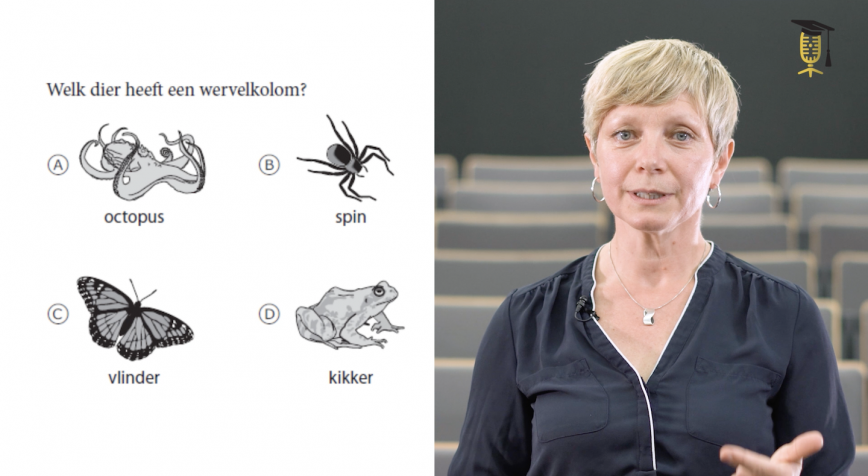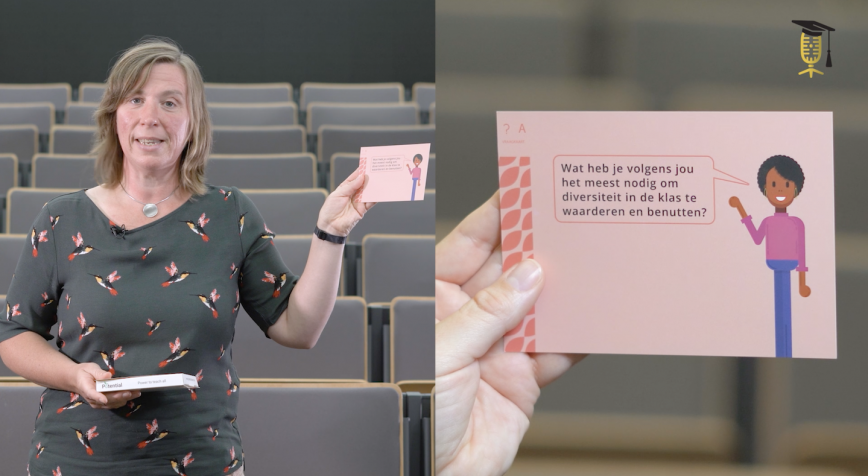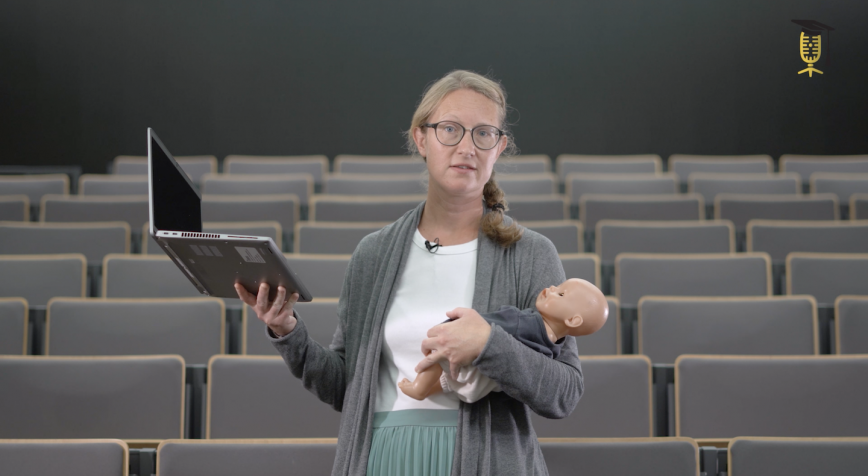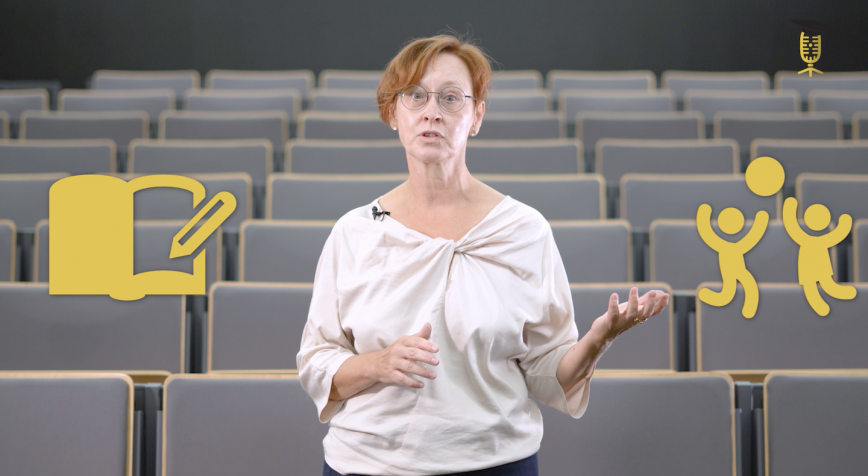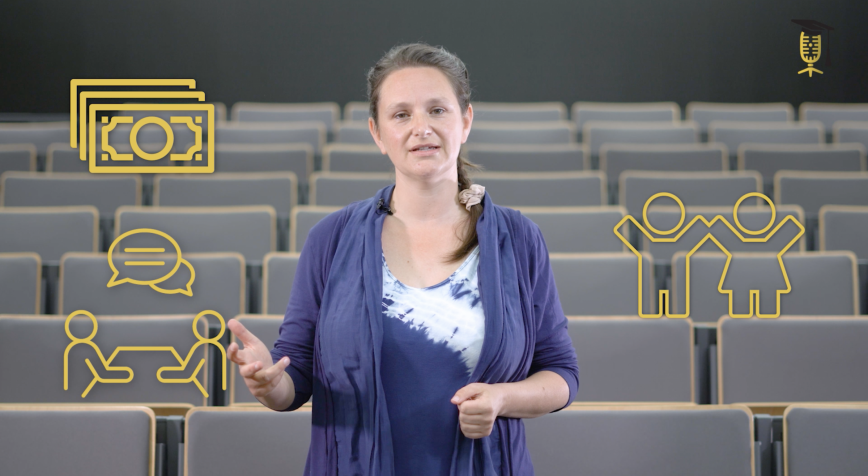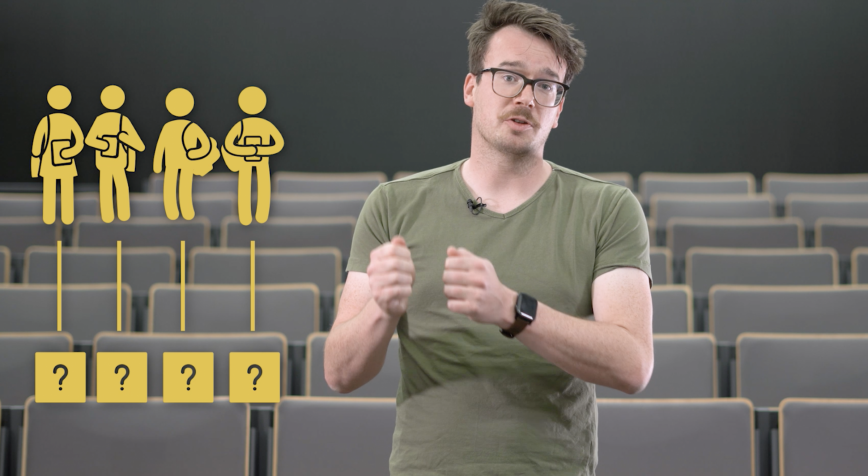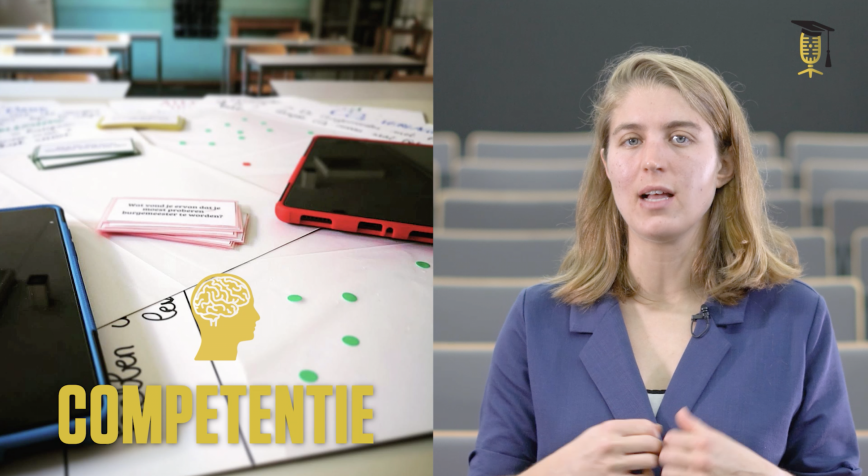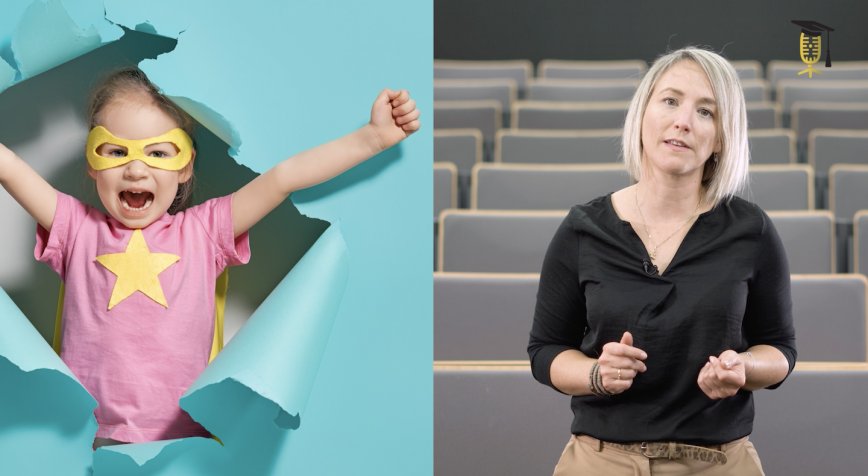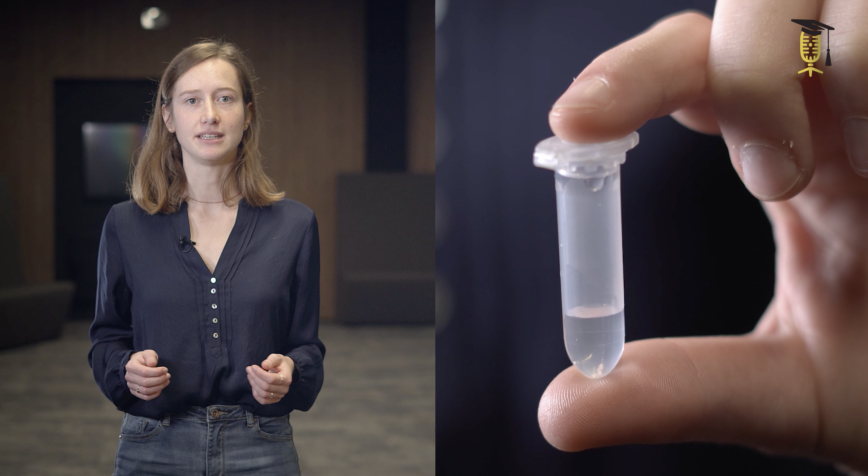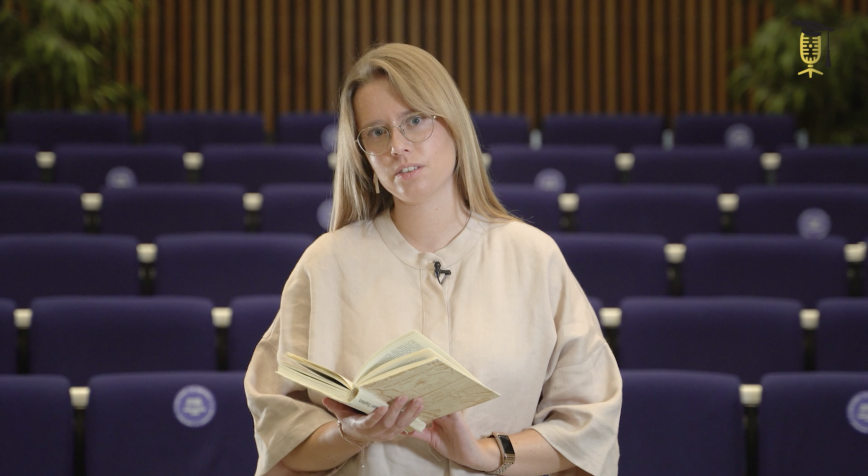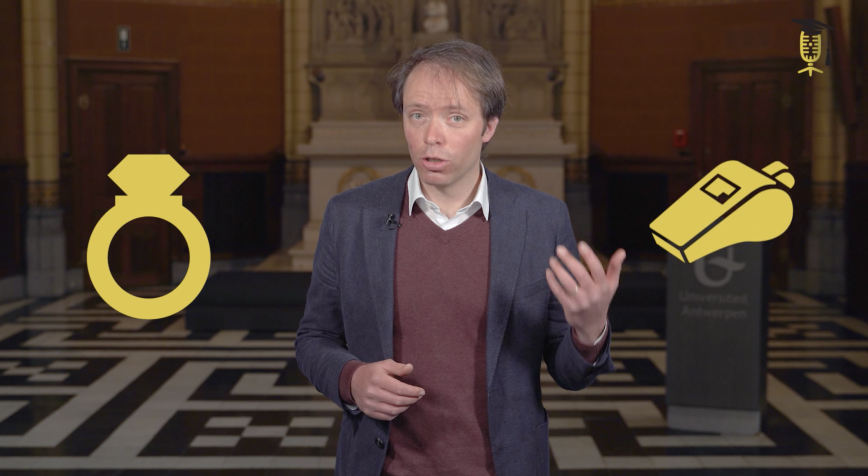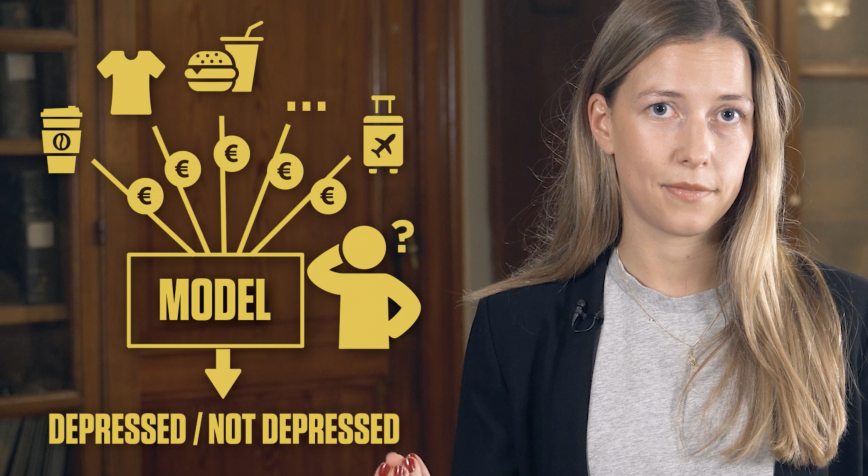
FWO
UAntwerpen
How to make AI rule(s)?
"What if I told you that the way you spend your money, reveals aspects of your mental health, such as anxiety or depression. We can make this connection thanks to Artificial Intelligence." Yanou Ramon (UAntwerp - FWO) explains how to make AI rule(s) in this video, as to offer treatment to people who need it most.
